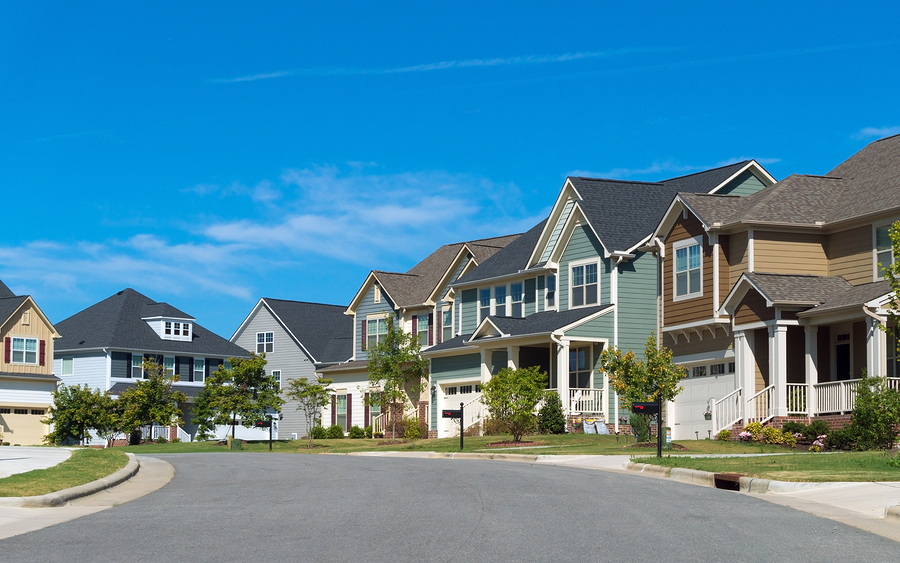A homeowner’s insurance policy generally protects your home and personal property in the event of a destructive event, such as a fire.
In addition, homeowner’s insurance policies generally include liability, or legal responsibility, for injuries and property damage to others caused by you or members of your household (including household pets).
Insurance for condominiums generally covers your belongings, liability, and certain parts of the interior structure. This is known as “studs in” coverage, and the coverage is usually provided in conjunction with a master homeowner’s association policy (the HOA policy covers the “studs out”). Renter’s insurance provides personal property and liability coverage to those who don’t own their home.
Most forms of homeowner’s insurance also provide additional living expenses/loss of use coverage for the extra costs of living away from home if it is uninhabitable due to damage from a covered peril.

